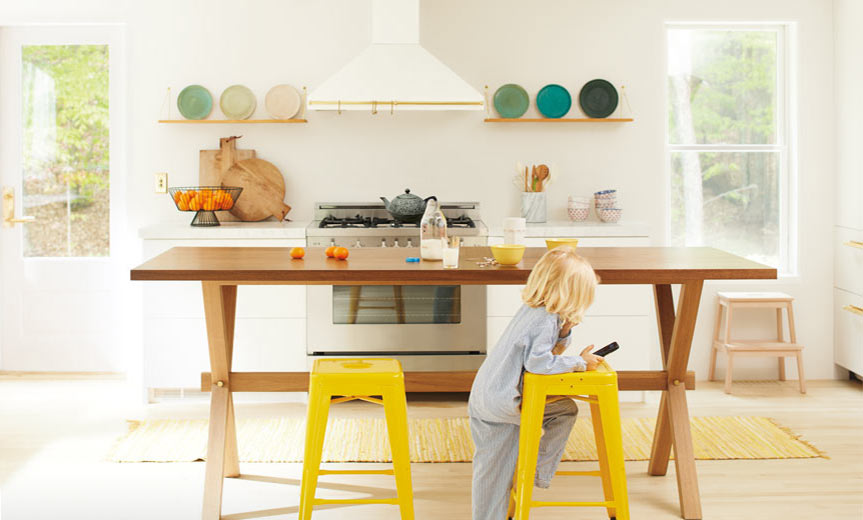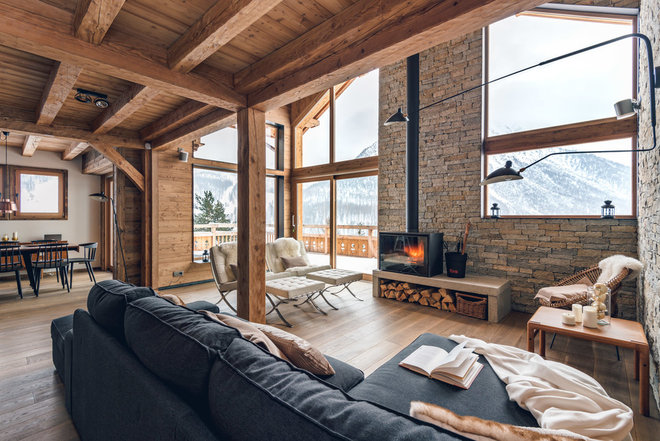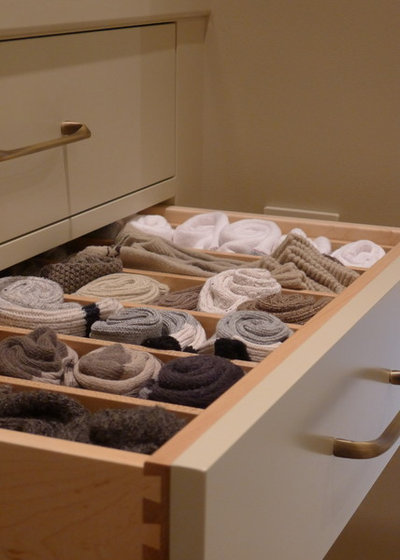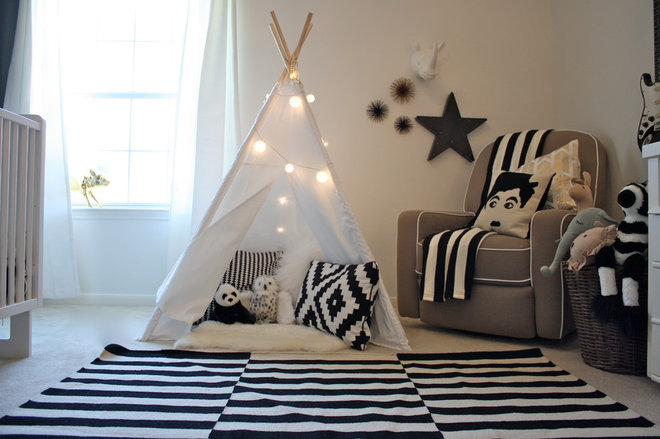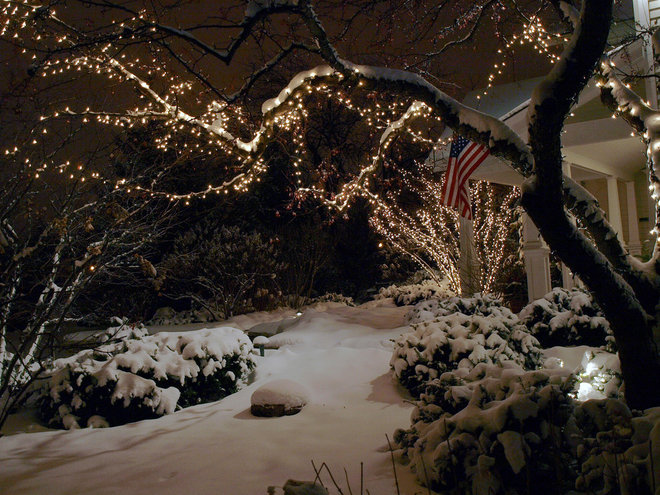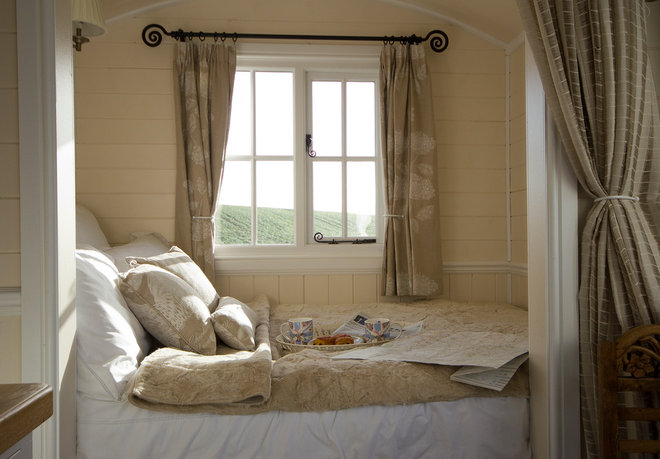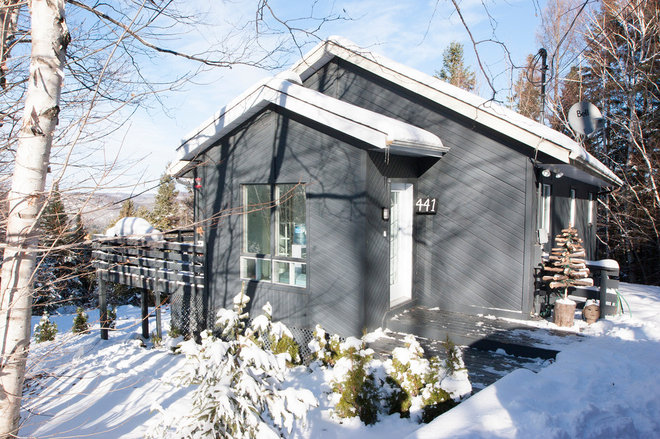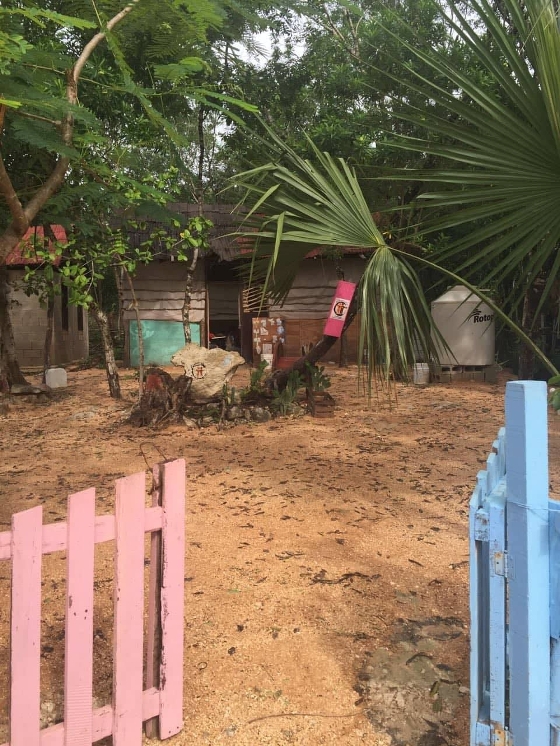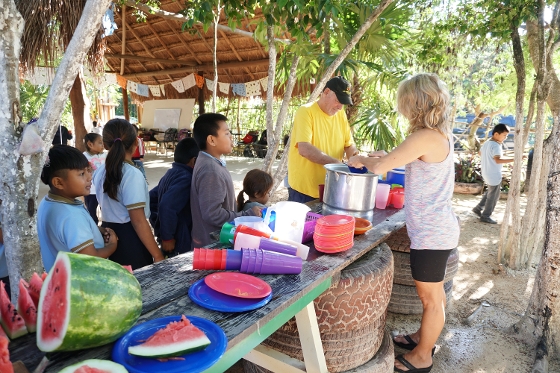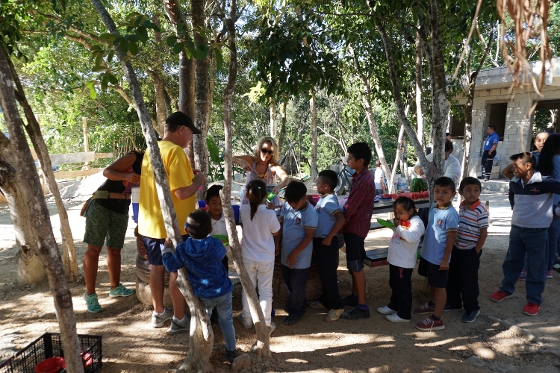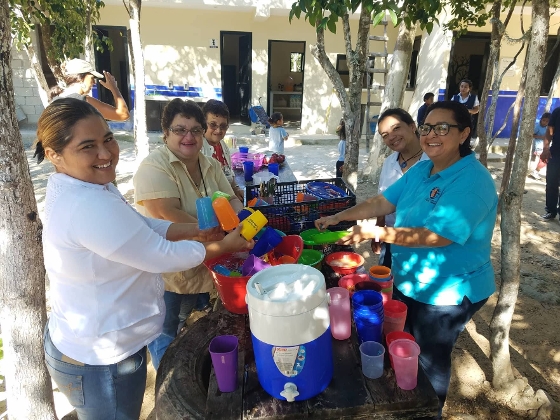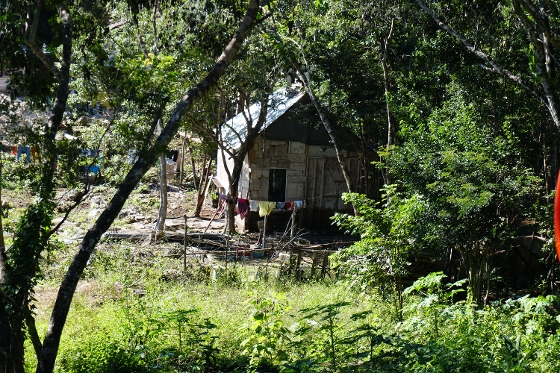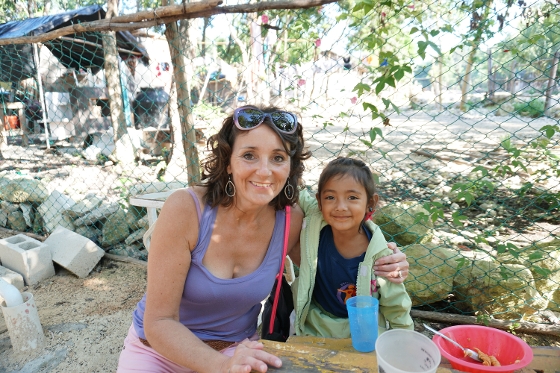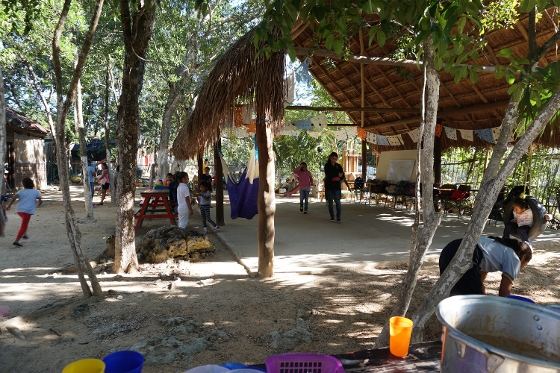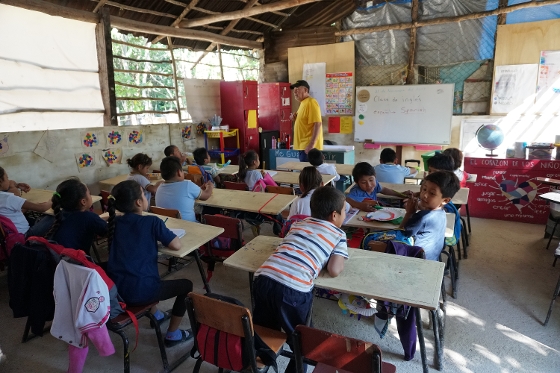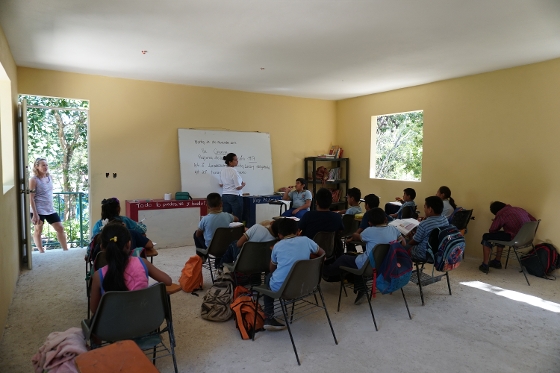Helping children up the property ladder can harm your retirement
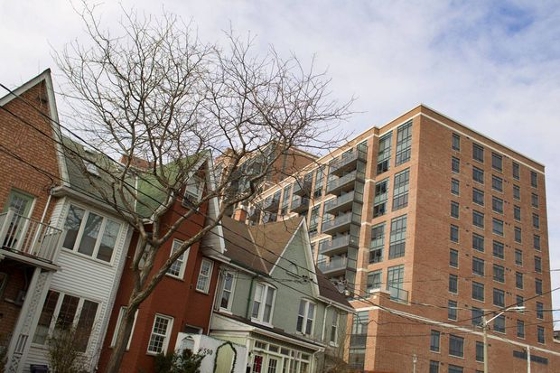
Should you help your children buy their first house?
It's a question many parents are considering, especially in cities such as Toronto or Vancouver where a teardown can sell for upward of a million dollars.
According to a 2017 national survey conducted by Leger on behalf of the Financial Planning Standards Council, 37 per cent of Canadian parents intend to assist their children with the purchase of their first home.
Trevor King, a sales representative with Keller Williams Neighbourhood Realty in the trendy Junction area of Toronto, often encounters boomer parents helping their offspring get a foot on the property ladder.
He works a lot with first-time buyers across the city, frequently with parents tagging along on the house hunt. Since most don't have all the money needed for a downpayment – typically 5 to 20 per cent of the sale price in cash to qualify for a mortgage – they need mom and dad to come up with the shortfall.
Sometimes parents dip into their savings or refinance their own home, so they're taking out equity to help the children with a downpayment, Mr. King says. It could also be that parents are withdrawing funds from their retirement plan.
Some parents look at it as an investment, with a plan to sell the house after the first five years of the mortgage term, he says. The parents get their money back when the children sell, and maybe the young people can afford to move up to their next house because then they will be better off financially.
"Parents may or may not expect to recoup their money," says Mr. King. "As an agent, you don't always know the arrangements people have, but you see it happen. Maybe the kids will pay it back over a certain period of time. But that parental urge kicks in and they want to help their kids. It's understandable because otherwise their kids wouldn't be able to get into the market."
The obvious danger is that if the child defaults, both households could take a hit. Mortgage payments are just part of the stress and expense of home ownership at a time when the children are building a career and possibly starting a family.
"A lot of Toronto's houses are old so that could translate into the kids going back to their parents and saying, 'Hey, is there anything more I can have because we need a new furnace,' " says Mr. King. "It's our role as realtors to help people see the big picture so we go over the potential costs. It's not just securing that money for the downpayment, because life happens after you buy the house."
Mr. King expects buying a home to get even harder now that the new Office of the Superintendent of Financial Institutions (OSFI) mortgage rules have come into effect this month. They will include a tougher requirement for buyers to be stress tested to see whether they can handle higher interest rates. Some may not qualify for the mortgage amount they want.
"What we're going to see in real estate is that people are just going to have less money to spend," Mr. King says. "So that will place more pressure on parents to help out."
The biggest question financial advisors would ask the parents in this situation is this: Can you afford it? Making a decision to help your children buy a house now could impact your own standard of living down the road.
Ian Black, a fee-only financial planner and portfolio manager at Macdonald, Shymko & Co. Ltd. in Vancouver, is seeing a lot of parents helping their children get a footing in the overheated Vancouver market.
But he warns that giving $50,000 or $100,000 to your children for a downpayment could push parents onto the negative side later if the markets turn and your net worth falls.
"It's most common for parents to give to the kids when they're trading down themselves to a condo or retirement home and have cash because they've just sold their house for $3-million," Mr. Black says.
"First, you need to do some analysis to see if you can really afford to give some away. You still want to have a cushion in case you need a higher level of care later and may have to move into a more expensive medical facility."
He also says it's pretty rare that a downpayment loan from parents ever gets paid back. He suggests that clients structure it as a loan, but that's more as a protection in case of divorce.
"If you register a mortgage on the property, and your son or daughter gets divorced and the house is sold, the money would come back to you because that mortgage has to be repaid at the time of the sale," Mr. Black explains. "It's a bit tricky because the kids likely aren't actually paying that second mortgage back. It's just to protect the parents in case the kids divorce."
While emotions and guilt often come into the decision, he says parents need to help their children put it into perspective and be realistic about how much they can buy. That may mean the children have to move further afield, say to Langley, B.C., southwest of Vancouver, or buy a townhouse instead of a single-family home.
"At some point, it has to be tough love," Mr. Black says. "Set the limits on what you can give and have that discussion, disclosing what you're comfortable with. Or say, we're not going to be able to help you out. We're just not in a position to do that."
Susan Stefura, principal at Bespoke Financial Consulting Inc. in Toronto, says sometimes people come to them specifically because they want to help their children buy a home, but aren't sure how much they can afford to give them without jeopardizing their own retirement.
The biggest danger is giving away too much, which may force you to do things that you don't necessarily want to do, such as selling your own home or the family cottage or having to reduce your lifestyle.
"When you're older – retired or about to retire – it's harder to recover financially," says Ms. Stefura. "The days when you could just go back to work and earn something may be long gone. So before gifting or loaning the kids money, parents should do their own retirement plan to show the long-term implications. Once you've done the number crunching, you can say, here's our limit, this is what we can afford."
She feels strongly that children should participate in coming up with the downpayment so that they have skin in the game. She suggests helping them by giving gradually every year rather than a massive lump sum all at once – and making a condition that for every dollar you put in, they contribute 50 cents too. Another thing she warns parents about is considering how they're going to make the gift.
"You want to be careful how you get that money from where it is now to your child because you could be triggering some unintended tax consequences," Ms. Stefura says.
"I wouldn't use registered money because if you pull out $50,000 from your RRSP, you'll have a big tax bill in the year you withdraw that because any withdrawals from an RRSP or RRIF are taxed as income in the year the withdrawal was made.
"If you use non-registered money, there could still be a tax implication, depending on how that money was invested. If it's just sitting as cash in the bank, that's fine. But if it's invested in equities, the minute you sell that equity, you're potentially triggering a taxable capital gains in the year that you sell that equity. So be careful!"
https://beta.theglobeandmail.com/globe-investor/helping-children-up-the-property-ladder-can-harm-your-retirement/article37092077/










